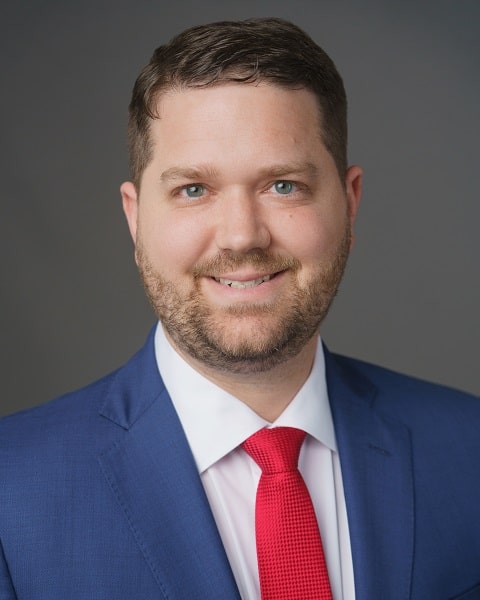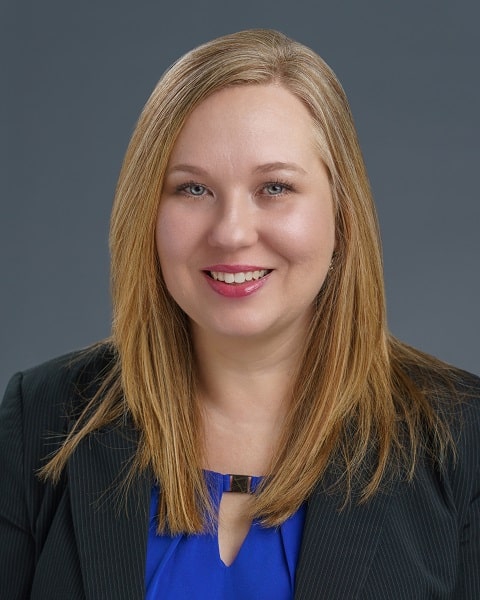Many people opt to catch a ride from Lyft or Uber for many reasons, including avoiding drinking and driving. Seems responsible, right? But before you sit in the passenger seat, you should be aware of the insurance coverage issues with these drivers.
In 2015, the State of Louisiana passed new laws related to ride-hailing companies (see SB 172). This bill, dubbed “The Transportation Network Company Motor Vehicle Responsibility Law” was designed to fill so-called “gaps” in insurance coverage, and provide further assurances to both drivers and passengers. Under the law, trips are broken into two parts – the pre-trip acceptance period and the trip acceptance period. Specific amounts of insurance are required in both steps.
During the pre-trip acceptance period, companies such as Lyft and Uber must provide $25,000 in bodily injury/death coverage for one person, $50,000 in such coverage for all persons, and $25,000 in property damage. The pre-trip acceptance period is the portion of time during which a driver has agreed to accept a passenger but has not yet picked up the passenger.
For the trip acceptance period, Lyft and Uber must provide significantly more coverage. The law requires $1M in insurance coverage for bodily injury, death, and property damage. The law further provides that at least $1M in uninsured/underinsured motorists coverage must be provided as well. This amount of coverage is effective from when the driver picks up the passenger to when that ride or transaction is complete.
However, what these new laws do not require is the actual driver’s personal insurance policies meet these requirements. The law allows the requirement to be met by Uber, Lyft, and other such companies’ corporate policies. It is likely that the driver’s personal policy excludes insurance coverage if they get into a collision while working for Lyft or Uber.
So, what does this mean for rideshare passengers?
If a collision happens while you are riding in the car with the Lyft or Uber driver, both you and the driver are supposedly covered under the company’s one-million-dollar liability coverage policy. But collecting under that policy can be a challenge.
To begin, Lyft and Uber are technology providers, connecting people who need transportation with independent contractors who can provide that transportation. Drivers are not considered employees, and therefore, the companies may claim they are not responsible for the individual driver’s actions or behaviors. So, for example, the companies may deny liability if the driver was drunk, reckless, or otherwise negligent because that driver is an “independent contractor” and not a “full-time company employee”.
Also, if these driver service companies deny liability, the passenger may be forced to file a claim with the Lyft or Uber driver’s personal insurance company – in which case, the driver’s level of coverage may be unclear or non-existent.
If you are considering ordering a ride with a company like Lyft or Uber, it is important to consider what type of insurance coverage these drivers carry, whether personal or through the driver service company.
If you are in an accident while using an Uber or Lyft and suffer a disabling personal injury that requires hospitalization and you to miss work, give us a call. We have the experience to guide you through this difficult process and advise you on both the injury aspects of your claim and the disability aspects of your claim.
What does this mean for rideshare drivers?
We recently evaluated a case for an UBER driver who was crashed into from behind by a driver who fled the scene and was never caught. Good, responsible driver – a school teacher driving Uber to make some extra money. And he was hurt really badly – neck surgery was required. But when he made a claim with Uber, their insurance said – “Sorry, this is not covered.”
He was floored.
“Not covered? I purchased all available insurance from Uber. What do you mean this is not covered?”
Under Louisiana law, ride-share companies are required to have liability insurance and uninsured/under-insured motorists (“UM”) coverage in accordance with state statute. However, the statute includes a wrinkle – if the policyholder is informed of and rejects UM coverage, then UM coverage is not required.
And, in this case, Uber rejected the UM coverage. Says so right on the declarations page provided in the account summary on the driver’s app (AKA “the fine print”).
And, of course, the driver’s personal policy did not cover him while driving for hire. So, he was left holding the bag and dealing with his injuries and the many costs associated with them without a clear avenue of recovery.
The lesson – if you are a rideshare driver – make sure you are fully aware of whether or not you have UM coverage through the rideshare platform (Uber, Lyft, etc.) by checking the declarations page before each trip AND if you do not, you may want to inquire about purchasing it.






